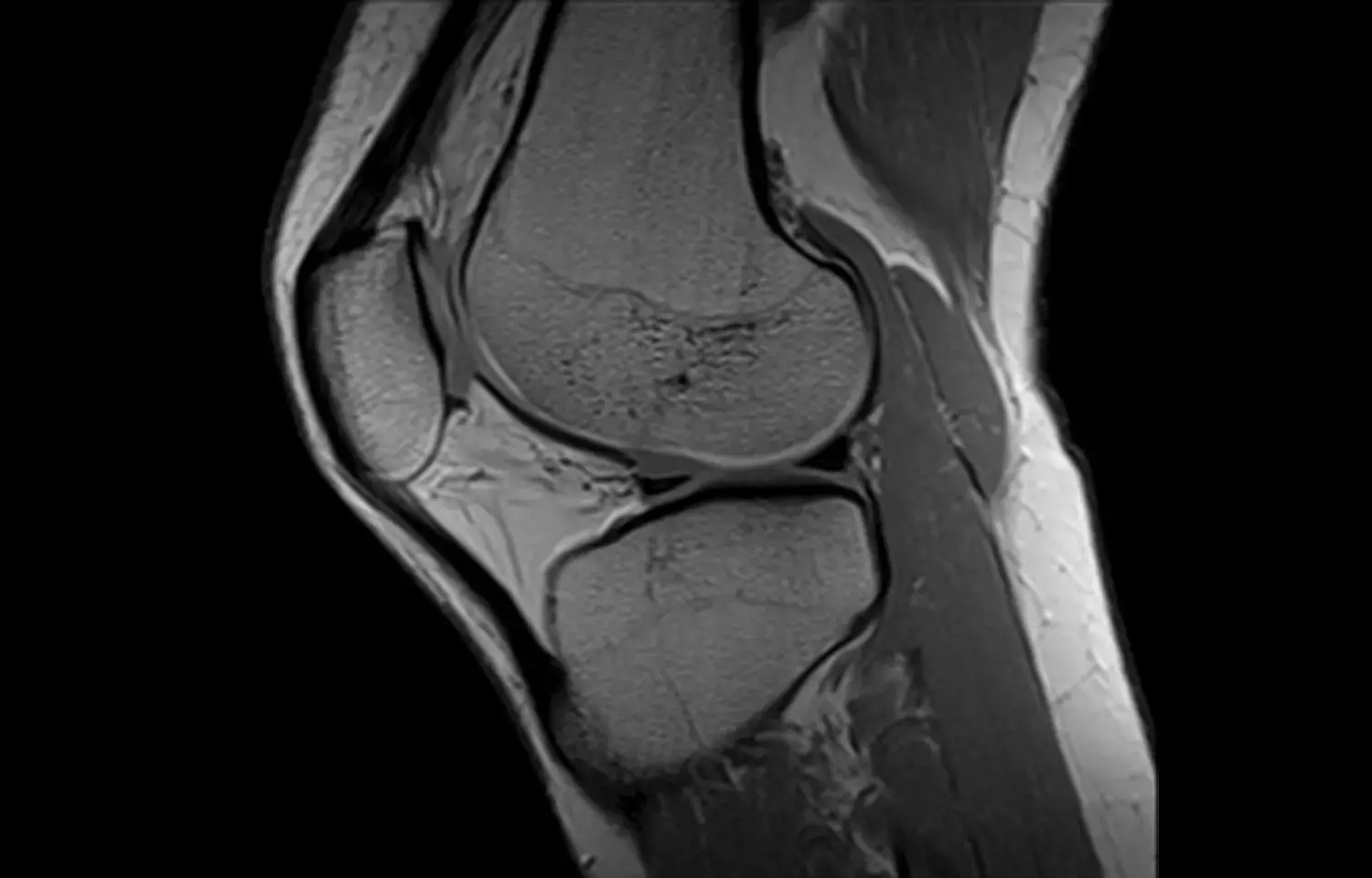- Home
- Medical news & Guidelines
- Anesthesiology
- Cardiology and CTVS
- Critical Care
- Dentistry
- Dermatology
- Diabetes and Endocrinology
- ENT
- Gastroenterology
- Medicine
- Nephrology
- Neurology
- Obstretics-Gynaecology
- Oncology
- Ophthalmology
- Orthopaedics
- Pediatrics-Neonatology
- Psychiatry
- Pulmonology
- Radiology
- Surgery
- Urology
- Laboratory Medicine
- Diet
- Nursing
- Paramedical
- Physiotherapy
- Health news
- Fact Check
- Bone Health Fact Check
- Brain Health Fact Check
- Cancer Related Fact Check
- Child Care Fact Check
- Dental and oral health fact check
- Diabetes and metabolic health fact check
- Diet and Nutrition Fact Check
- Eye and ENT Care Fact Check
- Fitness fact check
- Gut health fact check
- Heart health fact check
- Kidney health fact check
- Medical education fact check
- Men's health fact check
- Respiratory fact check
- Skin and hair care fact check
- Vaccine and Immunization fact check
- Women's health fact check
- AYUSH
- State News
- Andaman and Nicobar Islands
- Andhra Pradesh
- Arunachal Pradesh
- Assam
- Bihar
- Chandigarh
- Chattisgarh
- Dadra and Nagar Haveli
- Daman and Diu
- Delhi
- Goa
- Gujarat
- Haryana
- Himachal Pradesh
- Jammu & Kashmir
- Jharkhand
- Karnataka
- Kerala
- Ladakh
- Lakshadweep
- Madhya Pradesh
- Maharashtra
- Manipur
- Meghalaya
- Mizoram
- Nagaland
- Odisha
- Puducherry
- Punjab
- Rajasthan
- Sikkim
- Tamil Nadu
- Telangana
- Tripura
- Uttar Pradesh
- Uttrakhand
- West Bengal
- Medical Education
- Industry
5-minute knee MRI performs equally well as 10-minute protocol: Study

USA: A five-minute MRI protocol showed similar performance as a 10-minute segment for imaging painful knee conditions, according to a recent study in the journal Radiology.
The combined use of simultaneous multislice (SMS) technique and parallel imaging (PI) acceleration in rapid knee MRI can add value by reducing acquisition time but requires validation of clinical efficacy.
Filippo Del Grande, Johns Hopkins University School of Medicine, Baltimore, and colleagues aimed to evaluate the performance of clinical fourfold SMS-PI–accelerated, 5-minute, five-sequence, multi contrast knee MRI protocols compared with standard twofold PI-accelerated, 10-minute knee MRI protocols.
For this purpose, the researchers prospectively enrolled 252 adults with painful knee conditions from April 2018 to October 2019. Participants underwent fourfold SMS-PI–accelerated, 5-minute, turbo spin-echo (TSE) knee MRI and standard-of-care twofold PI-accelerated, 10-minute, TSE knee MRI at either 1.5 T or 3.0 T.
Three radiologists independently evaluated the knee MRI studies for meniscal, tendinous, ligamentous, and osseocartilaginous injuries. Statistical analyses included k-based intermethod agreements and diagnostic performance testing.
Key findings of the study include:
- Among the participants, 104 were in the 1.5-T arm and 148 were in the 3.0-T arm.
- Twenty-nine participants (mean age, 38 years 5 12; 15 men) in the 1.5-T arm and 42 (mean age, 41 years 5 16; 24 men) in the 3.0-T arm underwent arthroscopy a mean of 45 days 5 31 and 45 days 5 22 after MRI, respectively. Intermethod agreements were good at 1.5 Tand very good at 3.0 T.
- The diagnostic performances of corresponding 5-minute and 10-minute MRI protocols were similar for 1.5 T, with areas under the receiver operating characteristic curve (AUCs) greater than 0.78, and 3.0 T, with AUCs greater than 0.83.
"Comparisons of 5-minute five-sequence simultaneous multislice– and parallel imaging (PI)–accelerated and 10-minute five-sequence PI-accelerated turbo spin-echo MRI of the knee suggest similar performances at 1.5 and 3.0 T," wrote the authors.
Reference:
The study titled, "Five-Minute Five-Sequence Knee MRI Using Combined Simultaneous Multislice and Parallel Imaging Acceleration: Comparison with 10-Minute Parallel Imaging Knee MRI," is published in the journal Radiology.
DOI: https://pubs.rsna.org/doi/10.1148/radiol.2021203655
Dr Kamal Kant Kohli-MBBS, DTCD- a chest specialist with more than 30 years of practice and a flair for writing clinical articles, Dr Kamal Kant Kohli joined Medical Dialogues as a Chief Editor of Medical News. Besides writing articles, as an editor, he proofreads and verifies all the medical content published on Medical Dialogues including those coming from journals, studies,medical conferences,guidelines etc. Email: drkohli@medicaldialogues.in. Contact no. 011-43720751


